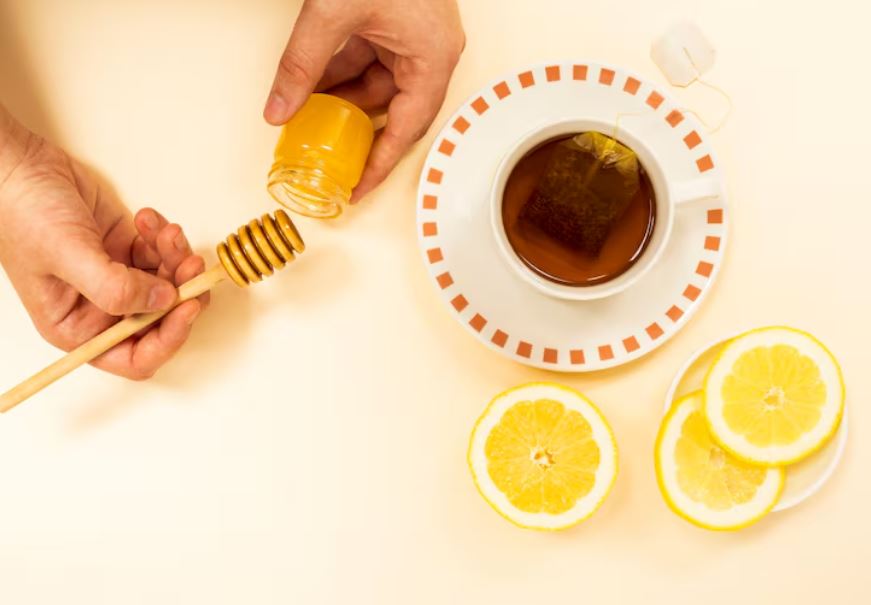
More than just flavor, a cup of boiling water with lemon and honey swirled in has long offered comfort. Families have been using this mixture as an heirloom medicine for centuries. Researchers are now verifying what has long been known: honey and lemon are incredibly efficient cough remedies that are frequently remarkably similar to many over-the-counter syrups without the chemical aftertaste or expensive price tag.
Honey functions similarly to a natural barrier. Its thick texture coats the throat, forming a barrier that reduces scratching that causes coughing and soothes inflammation. Offering a spoonful of honey diluted with warm water has significantly eased the evenings of parents who previously suffered from restless nights due to a child’s persistent cough. Honey is a surprisingly inexpensive and safe substitute for popular cough suppressants in children, as studies conducted in pediatric clinics have consistently demonstrated. Doctors are very clear on one thing, though: babies younger than a year old should never be fed honey since their bodies are not yet ready to manage the spores that occasionally lie in natural honey.
Simple Table (No Codes)
| Point | Details |
|---|---|
| Remedy | Honey and Lemon Mixture |
| Core Benefits | Soothes throat, reduces cough, boosts immunity, fights infection |
| Key Properties | Honey: antimicrobial, anti-inflammatory; Lemon: vitamin C, antioxidant |
| Best Use | Add honey and lemon to warm water or herbal tea |
| Effectiveness | Studies show honey reduces cough better than some syrups |
| Suitable For | Adults and children over 1 year (not for infants under 12 months) |
| Risks | Possible infant botulism under age one; mild allergy risks |
| Tradition | Used across cultures for centuries; modern science supports benefits |
| Celebrity Links | Singers and public figures often use honey–lemon before performances |
Lemon adds a unique aspect to this mixture by serving as an energizing and cleansing agent. Because it is high in vitamin C, it boosts immunity just when the body needs it most. Because of its acidity, it helps thin mucus, which facilitates the clearing of congested airways during colds and the flu. Both the intensity of the cough and the subsequent rawness are significantly lessened by that easy act of phlegm releasing. Lemon also has a slight anesthetic effect, leaving behind a clean, healing tang while numbing the throat just enough to relieve it.
This medicine has a rich and lengthy cultural heritage. Honey was referred to as “the nectar of the gods” by ancient Greek medics due to its antibacterial properties in addition to its sweetness. Lemons were later valued for their ability to prevent scurvy and boost immunity during sea voyages, while honey concoctions were carried by Roman troops to relieve sore throats following conflicts. Lemon and honey have been a staple in both celebrity routines and homes in the modern day. Before performances, Adele once acknowledged that she used warm honey-lemon water to maintain the strength of her voice. Actors, singers, and even sportsmen gravitate toward the same blend because it consistently works, season after season, rather than as a passing fad.
Children gain a great deal, and the evidence is particularly strong in this regard. According to randomized clinical experiments, honey greatly enhanced the quality of sleep for both children and their weary parents while also reducing coughing at night. Compared to artificial syrups, which may result in moderate side effects or drowsiness, this is much more effective. Families who eschewed processed medications frequently comment on how adaptable this natural remedy felt, acting as a soothing ritual before bed as well as a cough remedy, promoting tranquility in the home.
The advantages for adults go beyond just reducing symptoms right away. Warm honey-lemon water improves digestion, soothes inflammation, and moisturizes the throat. Although such benefits are encouraging, they are outweighed by its respiratory benefits. Over the past ten years, dietitians have even highlighted its significance in weight control and skin health. Because it combines comfort and functionality, which is uncommon in medical treatments, some people characterize the effect as especially novel.
This ongoing popularity has not gone unnoticed by the pharmaceutical sector. Taking advantage of decades of cultural trust, several cough syrups on the market list honey or lemon as one of their constituents. However, individuals frequently go back to the simplicity of their own kitchens, even with their glitzy packaging. It seems straightforward, unadulterated, and—perhaps most importantly—free of additives when honey and lemon are stirred together. It is indicative of a larger social trend in which people are becoming less trusting of too complicated therapies and more drawn to ones that seem natural and grounded in everyday life.
The combination has an impact on entertainment and sports outside of homes. It has been observed that singers take honey-lemon tea prior to stressful concerts. It is used by athletes to relieve sore throats from seasonal allergies or hard training sessions. The mixture’s reputation as being incredibly dependable is further enhanced by its cross-industry dependability. The usage of the same common drink by both well-known celebrities and regular families forges a remarkably similar thread that unites people from all walks of life.
Doctors still stress balance. If a cough persists for more than two weeks, it may be a sign of an underlying illness that needs medical care, such as pneumonia, asthma, or other chronic problems. Despite their extraordinary efficacy, honey and lemon should be viewed as supportive care rather than a replacement for medical attention in severe situations. There should always be a sense of duty along with the optimism surrounding this cure.
The popularity of lemon and honey on a cultural level indicates something more profound than just cold alleviation. It represents resiliency—the way that societies rely on customs when faced with harsh winters or infectious disease epidemics. Lemon and honey stood silently in kitchens as a dependable source of solace throughout the pandemic, when many pharmacies were out of supplies. More than just relief, it served as a reminder of independence and a calming ritual that anybody, regardless of wealth or access, could perform. It has so evolved into a cultural link between traditional knowledge and contemporary science.
Medical experts may carry on examining the specific antibacterial properties of raw honey or the antioxidant advantages of lemon in the years to come. However, the general public can understand its influence without the need for scientific language.
